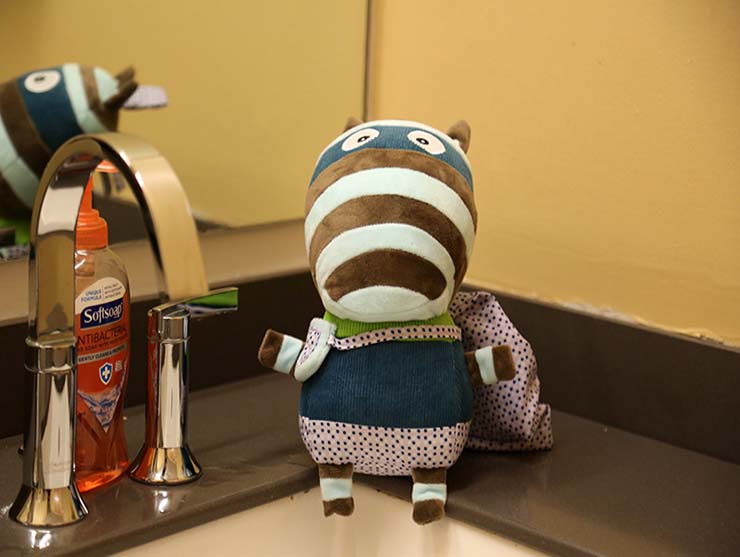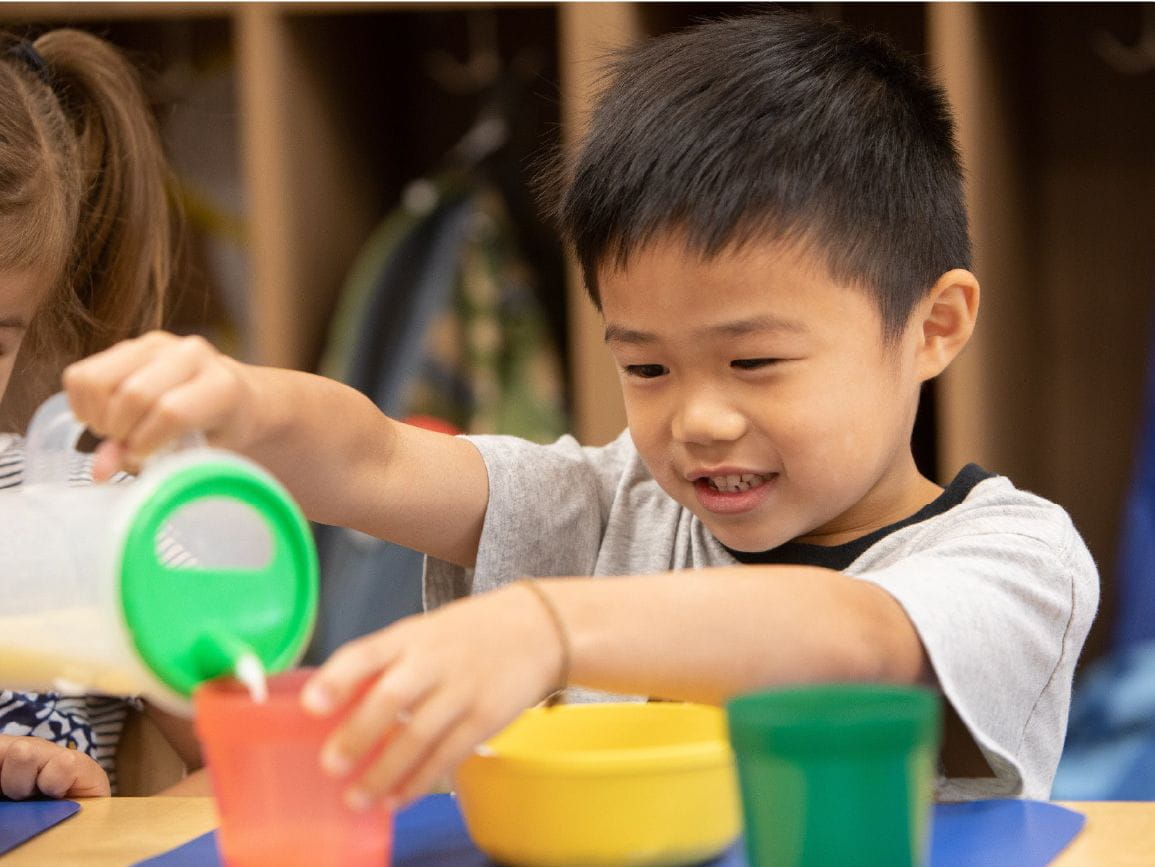When it comes to parenting, child rearing, and child discipline, there’s no shortage of advice or opinions. Some advocate for a gentle, easygoing style; others insist that children need firm guidance. It’s no wonder that as parents, we wonder about the best parenting style.
Every family, every child, and every situation is different. Sometimes, simply changing how we frame the role of parenting can offer clarification. Think of your family and your home as a company. You and your partner are the CEOs of the company. In this scenario, your focus becomes that of being an effective leader, neither a pushover nor a dictator. Depending on the circumstances, you may take the role of friend, mentor, coach, or law enforcement officer. In every situation, you remember that you are the leader, capable of providing guidance, training, and encouragement. With this viewpoint of situational leadership in mind, below are some characteristics of an effective leader and how those characteristics apply to family life and parenting.
What Makes a Good Leader
Trust. Children are more likely to willingly follow and listen to someone they respect and trust. Parent leaders build trust by setting reasonable limits and following through. They spend time actively listening and communicating. They keep confidences and avoid using ridicule or manipulation to get results. Effective leaders take time to engage in playful fun. They provide logical rules, which promote a feeling of safety, while at the same time, encouraging independence and risk-taking. These boundaries are tailor-made to reflect a child’s age, maturity, and developmental level. Rules and expectations for one child may not exactly mirror those created for another.
Training. We’ve probably all had the experience of working with someone who expects results without offering clear directions or guidance. We know how frustrating this can be! Young children have an innate desire to please their parents, but may lack the experience or developmental maturity. As an effective parent leader, we can help children gain the skills they need to be successful in life. This training happens incrementally, in small steps over time. Leaders understand that mistakes are part of the training process and use them as opportunities for growth.
Accountability. Just like adults, children gain confidence through setting and achieving goals. As parent leaders, we can help children identify and build on their strengths while addressing areas of growth with patience and encouragement. Effective parents practicing situational leadership don’t expect everyone to achieve the same goals at the same time, but instead customize their approaches to each individual.
Teamwork. The most satisfying work experiences are those in which everyone feels valued and everyone contributes. Family life is no different. Effective parent leaders take time to build strong parent-child relationships through wholesome family activities, family projects, and service. One family’s mantra is: “We work together so we play together.”
Growth mindset. Growth mindset is a buzzword in education and business circles right now, but it’s grounded in common-sense principles. Growth mindset is the idea that we are all progressing all the time. Just because we don’t know something today doesn’t mean we can’t learn it tomorrow. Effective parent leaders use growth mindset not only to support their children, e.g., “You don’t know how to ride a bike…yet,” but also to encourage themselves. Parents, like any busy CEO, know that the ship can only sail if it has a strong captain. We need to surround ourselves with attitudes, people, and activities that help develop our parenting skills by nurturing and encouraging us.
Be the CEO of Your Home
The “leaders of our homes” viewpoint is a healthy attitude that puts parents back in the driver’s seat and cuts through anxiety about “getting it right.” Instead of wondering what the latest expert says about good parenting, we can remember that we are the parenting experts. The question to ask is not, “Am I being too lenient?” or “Am I being too harsh?” but, “What does my child need from me right now?” and then, as the CEO of the home, doing it.
- Many of the positive traits of toddlerhood can be seen in some of the best CEOs. Check out this Financial Times column for a fun and refreshing read that may help you appreciate your toddler’s energetic and inquisitive behaviors.
- It’s unfortunate that sometimes our daughters’ executive leadership skills are lumped in with ‘bossy’ behaviors. Here’s why it’s important to encourage girls to take charge.
- Relying on external praise and recognition can have adverse effects on children’s confidence and development of internal motivation. Here are ways you can offer your child encouragement instead of praise.
- A “get tough” approach to bullying might not be the answer. Learn how you can parent with positivity and teach your child how to be empathetic and confident in a bully situation.





